- Home
- Labs
- Pierce Lab
- Lab Members

PROFESSOR IN OPHTHALMOLOGY
Dr. Eric Pierce received his Ph.D. in Biochemistry from the University of Wisconsin-Madison and his M.D. from Harvard Medical School. He did his residency in Ophthalmology at Harvard and fellowship in Pediatric Ophthalmology at Children’s Hospital, Boston where he also took his first faculty position. He was then recruited to the department of Ophthalmology at the University of Pennsylvania School of Medicine, where he was promoted to Associate Professor with tenure. He returned to Harvard in 2011 to establish the Ocular Genomics Institute.
Dr. Pierce is an ophthalmologist and molecular geneticist whose research program is dedicated to understanding the molecular mechanisms of inherited retinal degenerations (IRDs), and improving therapeutic interventions for these conditions. IRDs are a leading cause of blindness worldwide, and are characterized by progressive dysfunction and death of retinal photoreceptor cells.
Dr. Pierce’s research program is focused on identifying new IRD disease genes, investigating the mechanism by which mutations in the identified genes lead to blindness, and using this information about disease pathogenesis to develop rational therapies to prevent vision loss.
eric_pierce@meei.harvard.edu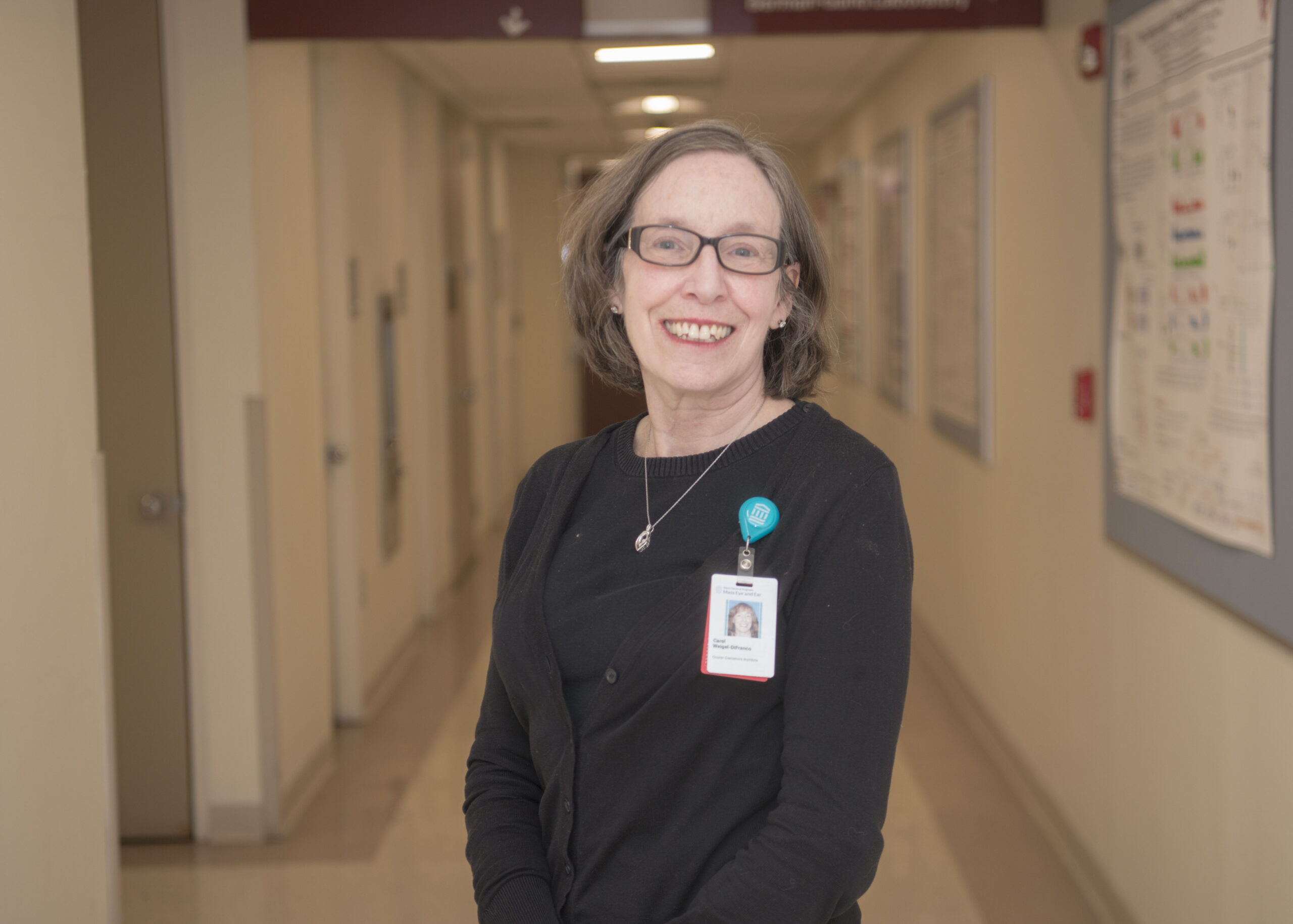
Senior Program Manager
Carol Weigel Di Franco, has worked with clinicians and researchers diagnosing and studying patients with Inherited Retinal Disorders at the Massachusetts Eye & Ear since 1986. She served as the data manager of the Berman Gund Laboratory, where she participated with Dr. Eliot Berson and colleagues in the design and execution of 3 clinical trials of nutritional supplements for patients with Retinitis Pigmentosa, natural history studies for patients with Inherited Retinal Disorders, and other related projects. She also managed the Inherited Retinal Disorders Service. Currently she works with researchers in the Ocular Genomics Institute doing data management and analysis, facilitating the conduct of clinical trials, and providing support in the areas of human resources, finance, purchasing, social media, and function planning. Current research interests include identifying the best endpoints for clinical trials and biomarkers for predicting rate of decline for patients with Inherited Retinal Disorders.
Carol_Weigel@meei.harvard.edu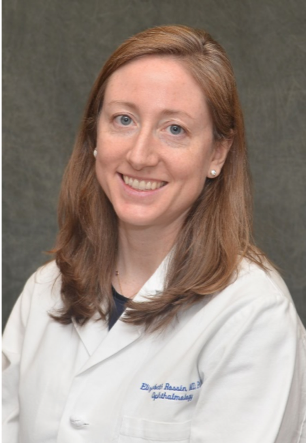
Researcher
Dr. Rossin is a vitreoretinal surgeon and scientist in Mass Eye and Ear’s Retina Service. She is an Alumni of Harvard Medical School, where she also did her residency and fellowship. In addition to treating medical and surgical patients, she has received the K12 Mentored Clinical Scientist Development Program Award from the National Institutes of Health. Lizzy’s research focuses on disease genetics and methods to interpret the functional impact of mutations. She is currently working on a number of projects including:
– Application of network theory to analysis of protein structure in viral proteins to design mutation-resistant vaccines
– Network analysis of proteins linked to inherited retinal diseases to understand and discover causal variants
– RNA sequencing of patient-derived inflammatory retinal membranes that lead to retinal detachment (collaborator)
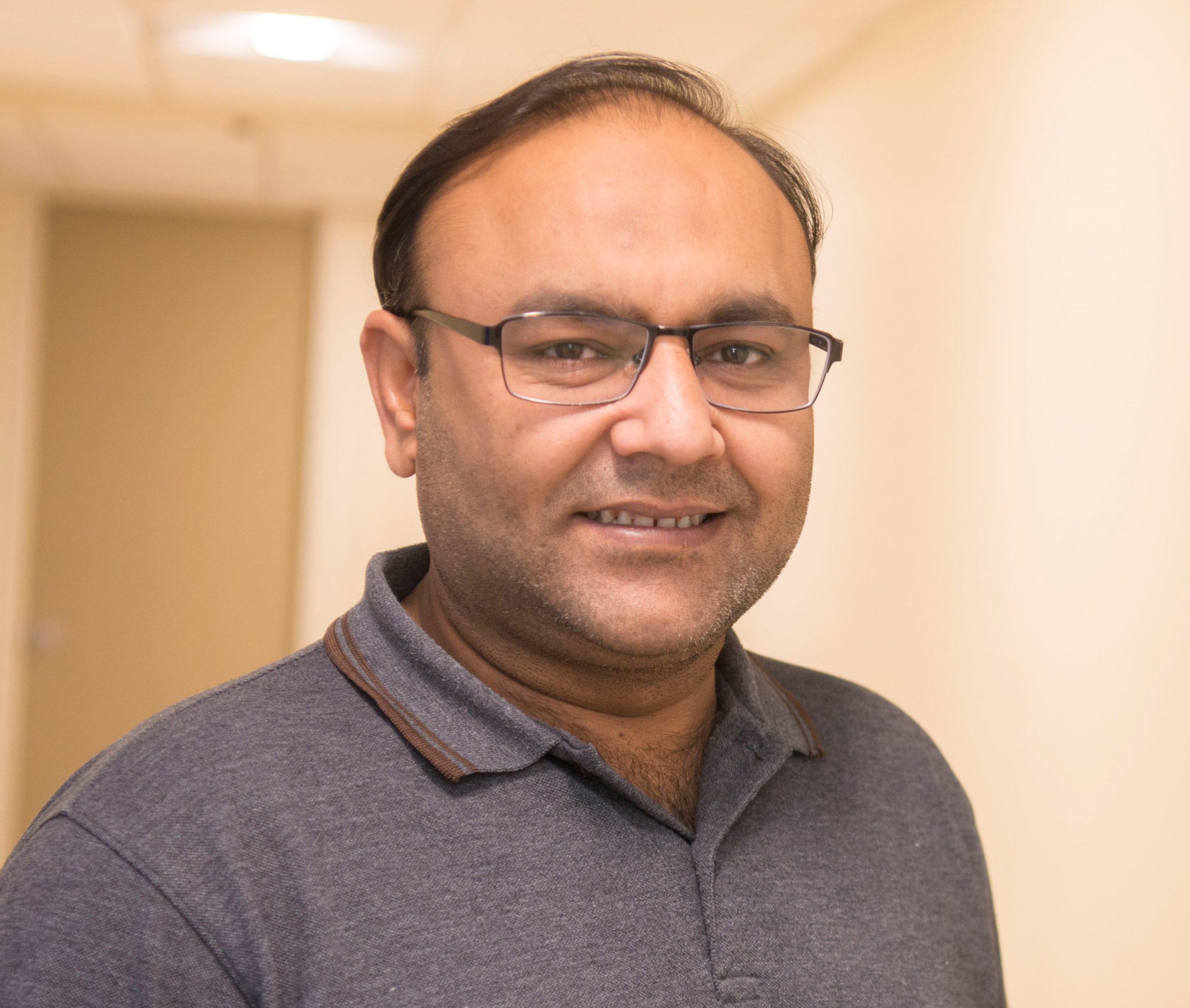
RESEARCH FELLOW
Dr. Baig joined the OGI in December 2022. He received his PhD in 2022 from The Islamia University of Bahawalpur, Pakistan with Dr. Iqbal. His PhD research was focused on defining the genetic causes of visual impairment in large consanguineous families from the highly inbred population of Southern Punjab region of Pakistan. He identified the genetic causes of inherited retinal degeneration in several of these families.
Prior to joining Dr. Pierce’s lab, he worked with Dr. Ansar at Hôpital Ophtalmique Jules-gonin in Lausanne, Switzerland on studies of CRISPR/Cas9-mediated exon skipping for the treatment of Cohen syndrome.
At the OGI, Dr. Baig is studying the mechanisms of retinal degeneration caused by the mutations in the genes coding for RNA splicing factors such as PRPF3, PRPF8, and PRPF31.
Outside the lab Dr. Baig likes travelling, watching sports, cooking and, above all, spending time with his family, including his wife and two children who are 2 and 5.
HMBaig@meei.harvard.edu

With the goal of developing new therapies, the iPS Research Laboratory is a translational research group that strives to understand the mechanisms underlying human retinal pathogenesis. Our approach involves utilizing patient-derived hiPSC (human-induced pluripotent stem cells) and isogenic model lines generated through cutting-edge gene editing technologies, such as base and prime editing.
mgarita@meei.harvard.edu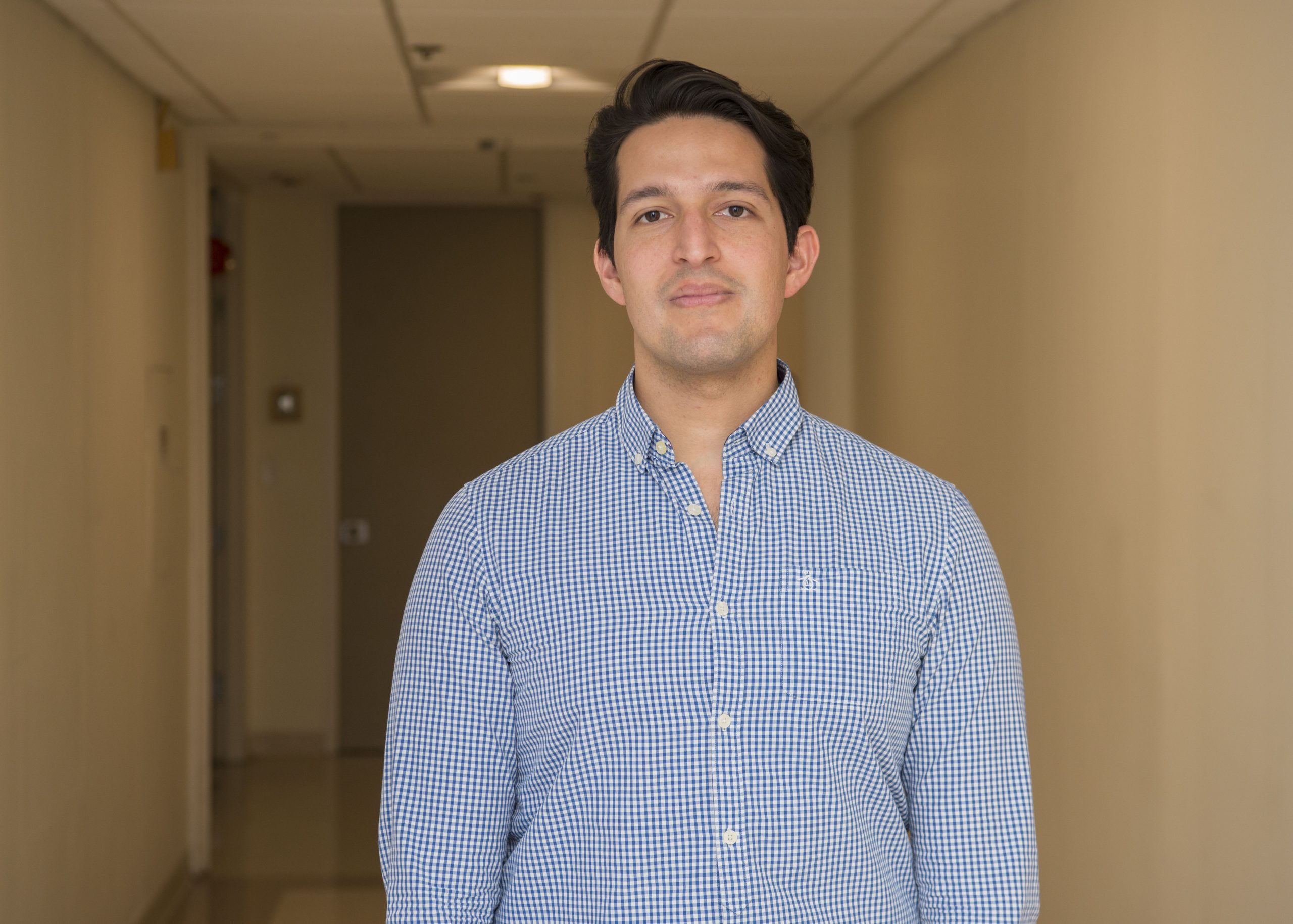
Research Fellow
I am Dr. Rodrigo Cerna-Chávez, a doctor in Biosciences from Newcastle University, UK and passionate about stem cells and retinal disease modeling. I did my Ph.D. under the supervision of Prof. Majlinda Lako focused on establishing pluripotent stem cell-derived retinal organoids and retinal pigment epithelium as a model system for drug screening in retinoblastoma. I recently started a postdoc position in Dr. Eric Pierce’s Lab conducting research on inherited retinal diseases. I joined the iPS Research Lab under the supervision of Dr. Marcela Garita-Hernández to determine how alternative splicing contributes to retinal disease utilizing hiPSC-derived retinal organoids and retinal pigment epithelium.
rcerna-chavez@meei.harvard.edu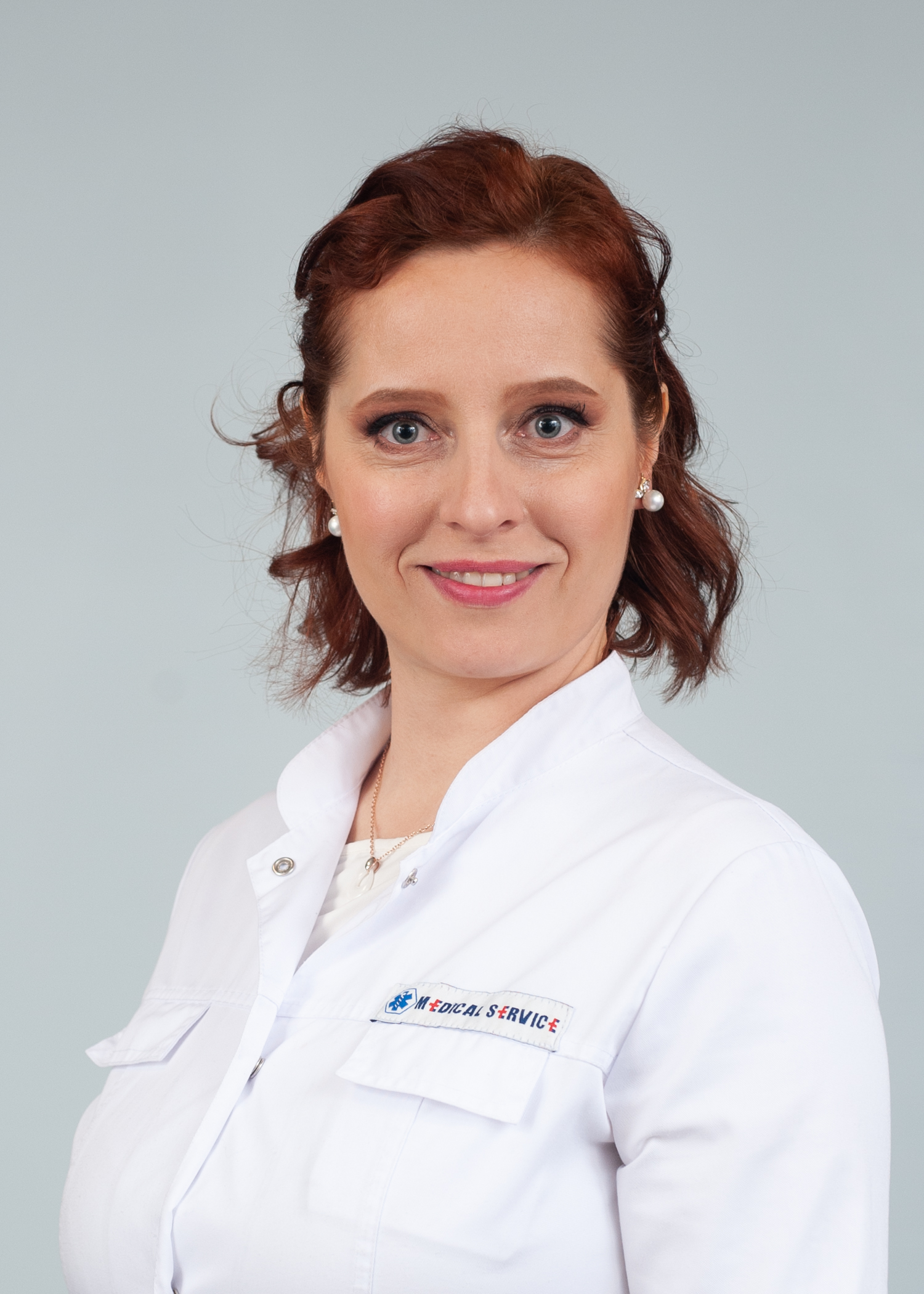
RESEARCH FELLOW
Marianna Weener, MD, PhD joined Eric Pierce lab at OGI in fall 2022 and her main research focus is finding genetic causality of inherited retinal disorders in cases where routine genetic testing doesn’t give results. Marianna has 15+ years of experience in medical practice diagnosing and treating patients with ocular diseases including IRDs, she maintains registry of IRD patients. Marianna’s hobbies are traveling, sustainable living, sports.
MWeener@meei.harvard.edu
RESEARCH FELLOW
Dr Tarandeep Kaur received her Ph.D. in Human Genetics from Guru Nanak Dev University, Punjab, India in 2016. For her Ph.D. thesis she investigated the genetic damage in hypertensive patients associated with genetic polymorphism in drug metabolizing gene. She did her first postdoctoral fellowship at LV Prasad Eye Institute, Hyderabad, India to find out the biomarkers for early diagnosis and/or prognosis of Retinopathy of Prematurity (ROP) by investigating the omics based in-utero changes.
Tarandeep joined Ocular Genomics Institute in December 2023, and her focus is to study the reliability of extracellular vesicle (EV) RNAs as a potential biomarker for retinal health and/or degeneration.
tkaur@meei.harvard.edu